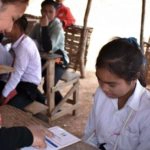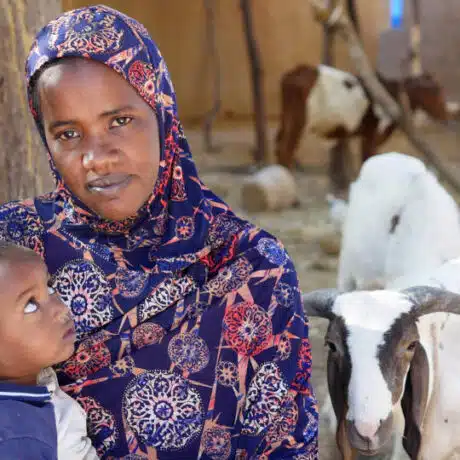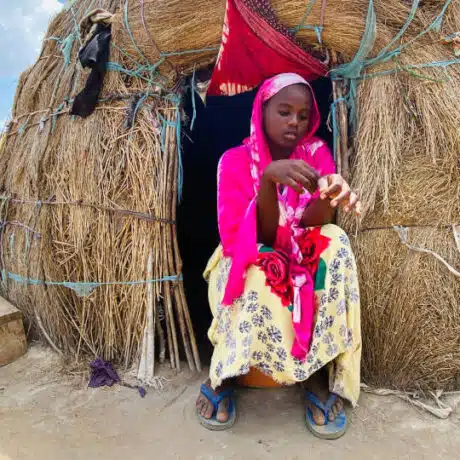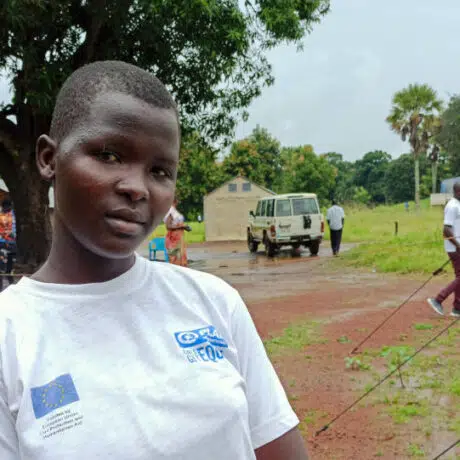News and Stories - Education - 3 August 2021
The power of education
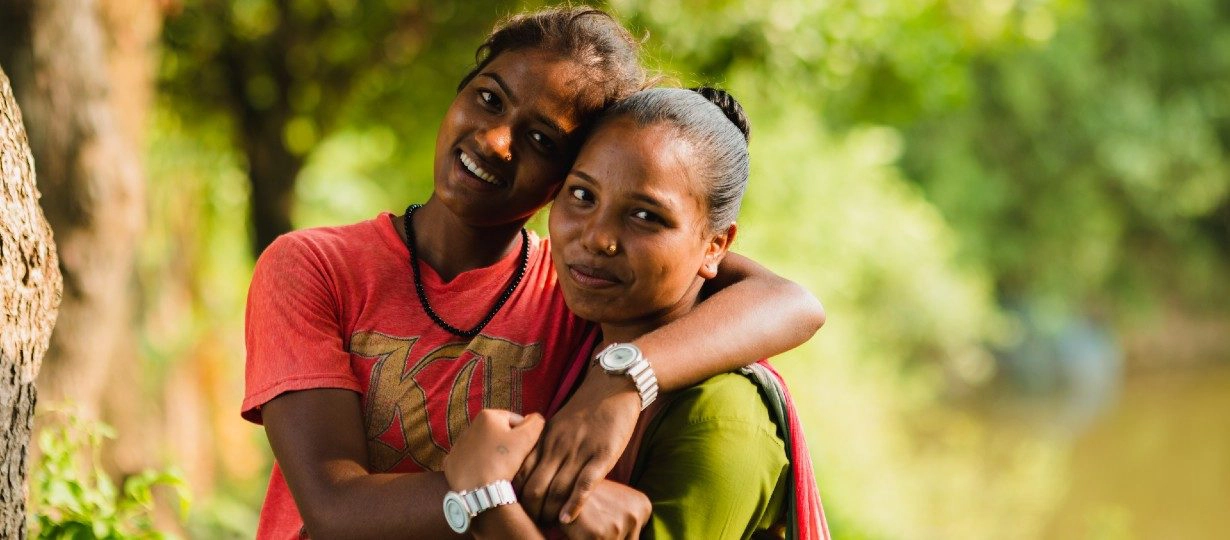
Education gives girls freedom and choices in life, but did you know it can also act as a powerful protective force against the harmful practice of child marriage?
In communities where child marriage occurs, we’re working with girls to make sure they know their rights and have choices through education. We’re also raising awareness on the risks of child marriage, and supporting families and communities to make sure girls are valued and their voices are heard.
Child marriage violates a girls’ fundamental right to health, education and opportunity, and it’s happening now in extremely high numbers. Each year, 12 million girls marry before the age of 18. That’s 23 girls every minute.
Girls who are married at this age are more likely to experience domestic violence, are often forced to have children before their bodies are ready, and are less likely to stay in school. Child marriage and early pregnancies accounting for between 15-30% of school drop outs.
With nowhere else to turn, these girls experience a loss of independence from their family, their community and their right to a safe and secure future.
Why does child marriage happen?
There are many reasons why child marriage happens. Some of the main ones are:
- Gender inequality: Girls and women often occupy a lower status as a result of social and cultural traditions, attitudes and beliefs that deny them their rights.
- Poverty: In families on a low income, girls may be seen as an economic burden. The perception that a girl’s potential to earn an income is comparatively poor pushes girls out of their homes and into marriage.
- Customs: In many countries, the importance of preserving family ‘honour’ and girls’ virginity means parents push their daughters into marriage before they’re ready. People believe marriage safeguards against ‘immoral’ or ‘inappropriate’ behaviour.
- Failure to enforce laws: Sometimes families aren’t aware they’re breaking the law. In some countries early marriage is so prevalent, prosecutions are seldom brought.
- Conflicts, disasters and emergencies: Disasters and emergencies increase economic pressures on households and many families who wouldn’t previously have considered early marriage turn to it as a last resort.
- Lack of education: Girls with no education are more likely to be married before the age of 18 than those with a secondary education.
So what are we doing about it?
Education is one of the most powerful ways for girls to protect themselves from child marriage. An educated girl is less likely to be forced into marriage, and educated mothers are more likely to invest in their daughters’ education and stop the cycle of early marriage.
In addition to helping girls stay in school, child marriage prevention is embedded in all of our programs, and some of the most effective ways we work to prevent it include:
- advocating for new legislation and policy, and promoting child protection laws and their enforcement
- ensuring girls have a legal, recognised identity through our digital birth registration program. Proof of age can prevent the prevalence of child marriage in some countries.
- holding community forums and training sessions
- facilitating monthly Girls’ Clubs, which create safe environments for girls to learn about topics like reporting abuse, the dangers of child marriage, and the importance of education
- advocating for change through the global advocacy alliance, Girls Not Brides
- using digital technology to verify girls’ age – our age verification program allows civil servants to perform on the spot checks at the time of marriage to verify the girls age, via mobile phones and computers.
No girl should have to marry as a child.
That’s why we’re working in communities with girls, to make sure they know their rights and have choices so that being forced to marry as a child is not considered their only option.
Fighting child marriage in Nepal
South Asia has the highest prevalence of child marriage in the world, with nearly 1 in 2 girls being married before the age of 18*.
Phulan is 18 years old, and a member of our 18+ program, which raises awareness of the negative impacts of child marriage, and equips girls with the information, skills and services they need to make their own decisions and have their voices heard.
In Nepal, where Phulan lives, 37% of girls are married before the age of 18 despite laws that say the minimum age of marriage is 20.
Two years ago, when Phulan was in grade 9, her parents arranged for her to marry a boy from a local family.
“I was aware of my rights and the disadvantages of child marriage through the 18+ program activities.” Phulan explains. “When I learned that my parents wanted to marry me off, I knew I couldn’t let it happen. If I did, what kind of message would I be sending to other girls?”
Phulan insisted that she was not willing to get married until she had completed her studies, but her parents weren’t convinced and continued to put pressure on her.
Desperate to escape the proposed marriage, Phulan confided in friends, and a local community worker and her teacher were made aware of the situation. They visited the family and were able to talk her parents out of the marriage.“I told my parents, I’d go to the police if they didn’t give up.” Phulan adds.
Now free to continue her studies, Phulan is aware of the importance of her education.
“Once you’re married, it’s up to the in-laws to determine whether or not I can keep going to school. It’d be sad if I had to do that. I have the right to go to school, no matter what.”
Plan International is working with local governments to create child marriage-free zones in Nepal. Communities are encouraged to make a public declaration that child, early and forced marriage is strongly prohibited and a punishable offence in line with the existing law.
We’re working with communities and girls like Phulan, to break the cycle of child marriage and give girls choices through education, and you can help us.


